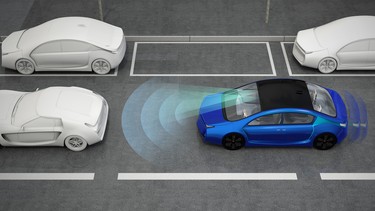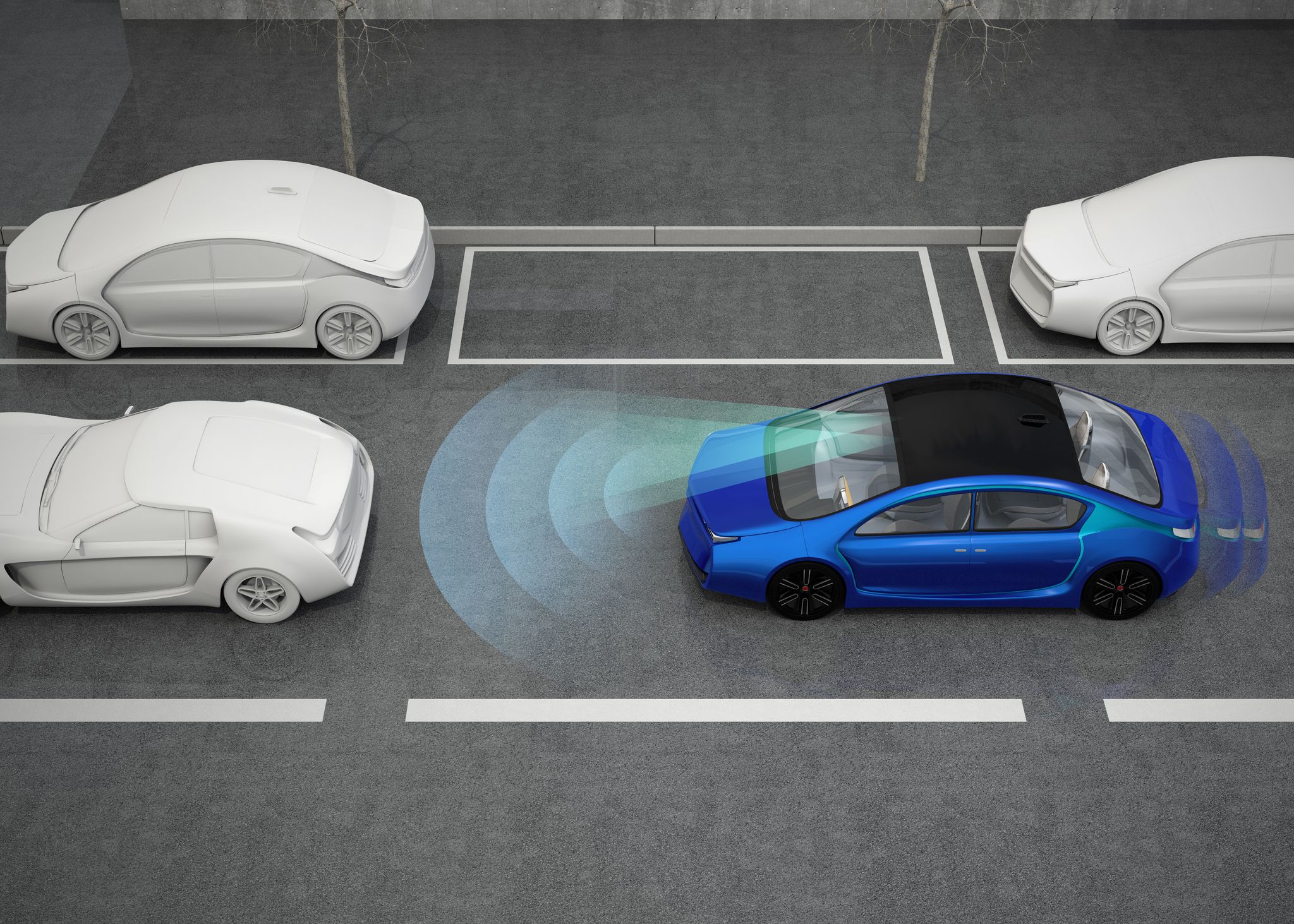If the NHTSA gets its way, automatic emergency braking could soon join backup cameras as mandatory equipment

Article content
If anyone ever tries to tell you the automotive industry isn’t political, you have our permission to scoff loudly. Umpteen safety devices in our cars today are present thanks to government decree, from seatbelts to backup cameras. According to reports south of the border, automatic emergency braking (AEB) could be next on the federally mandated list of equipment you’ll find in every new car (in the U.S.).
Advertisement 2
Article content
An announcement earlier this week by the National Highway Traffic Safety Administration (NHTSA) calls for AEB systems to appear on nearly all light vehicles with a gross vehicle weight rating under 10,000 pounds. If the recommendations are adopted as proposed, those machines will be required to have AEB technology three years after the publication of a final rule, giving manufacturers a chance to get their ducks in a row.
With this move, the NHTSA is aiming to dramatically reduce crashes associated with pedestrians and rear-end collisions. The group projects mandatory AEB could save over 300 lives a year in America while reducing injuries by at least 24,000 annually. The hope is to avoid many crashes altogether, but it is noted those which do still occur after the activation of AEB may be at a much lower speed, again reducing levels of property damage and physical injury.
Advertisement 3
Article content
Recommended from Editorial
-
Fewer than half of IIHS Top Safety award winners for 2022 repeat for 2023
-
Lorraine Explains: Confused by what car manufacturers’ safety systems mean?
To be clear, the vast majority of safety devices which have been mandated into our vehicles end up being a net positive: seatbelts keep us buckled in during a crash, backup cameras help with parking, and lighting laws permit us all to see appropriately at night without blinding oncoming traffic. Still, it sometimes takes a hot minute for manufacturers to get it right, leaving frustrated customers to deal with wonky equipment.
For example, the scourge of motorized seatbelts rose to the fore thanks to a “passive safety” mandate, one which caused some car companies to deploy workarounds (either for time or cost concerns) instead of immediately complying with freshly installed airbags. The same goes for backup cameras; those of you with sharp eyes will recall some vehicles simply grew an unsightly goiter on their trunk lid to house the camera and didn’t earn a smoothly integrated unit until the next full redesign.
Advertisement 4
Article content
The same could happen with automatic emergency braking. While the tech is fine when programmed properly, OEMs who are either rushed or recalcitrant to include the tech on low-margin models may end up fitting gear which meets the letter of the law, but not the spirit.
In other words, there is already a vast gulf between “good” AEB systems and half-baked ones which simply stab the brakes at the merest hint of impending doom (or, worse still, fail to see the danger at all). Here’s hoping car companies have budgeted sufficient greenbacks to fully flesh out any system they federally mandated to include in our vehicles.
Stay connected with us on social media platform for instant update click here to join our Twitter, & Facebook
We are now on Telegram. Click here to join our channel (@TechiUpdate) and stay updated with the latest Technology headlines.
For all the latest Automobiles News Click Here


Comments
Postmedia is committed to maintaining a lively but civil forum for discussion and encourage all readers to share their views on our articles. Comments may take up to an hour for moderation before appearing on the site. We ask you to keep your comments relevant and respectful. We have enabled email notifications—you will now receive an email if you receive a reply to your comment, there is an update to a comment thread you follow or if a user you follow comments. Visit our Community Guidelines for more information and details on how to adjust your email settings.
Join the Conversation